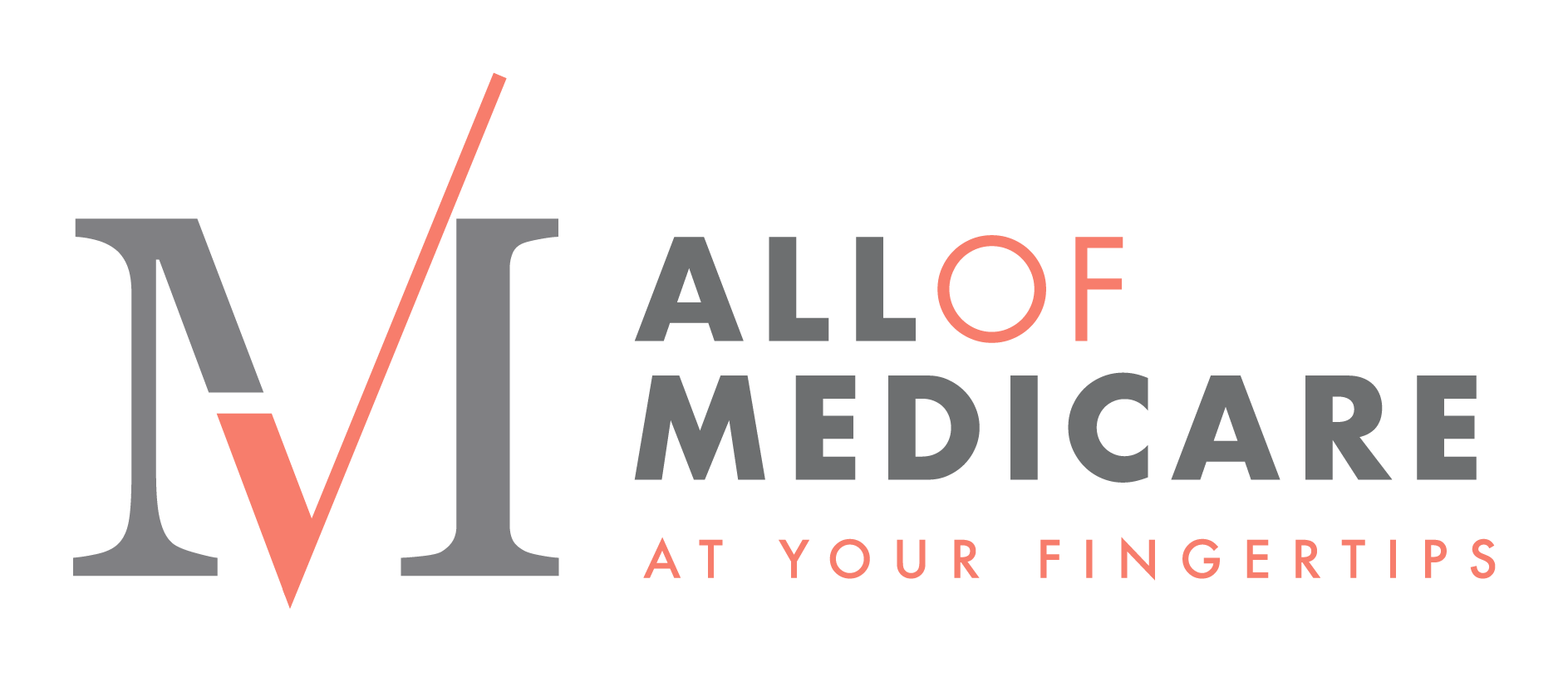If you’re still covered by your employer’s health insurance, you may not need to enroll in Medicare at age 65. A major consideration is the size of the company you work for. More and more Americans are working beyond age 65. In part this is because Social Security Retirement Age is now age 66 or higher. In other cases, people aren’t ready to retire at 65, or just don’t want to. There are many reasons why you might choose to delay Medicare Part B. But, is that okay?
You may have read or heard about penalties for enrolling late and wonder if you should be concerned, especially if you plan to work past age 65. Read on to discover the rules about late enrollment. We’ll review the basics of Medicare eligibility and the normal entry dates. We’ll also go into detail about what happens when you delay Medicare Part B.
Want unbiased help with Medicare Insurance? Get answers to your questions from an independent health insurance agent today.
Basics Of Medicare Eligibility
For starters, you have to meet a basic requirement to be eligible for Medicare. Medicare is only open to citizens of the United States or Permanent Legal Residents. Permanent Legal Residents must have lived in the U.S. for five consecutive years. If you meet this first criteria, then you will be able to enter the Medicare program once you satisfy an entry condition. Generally, people enter Medicare for one of these reasons:
- Health: if you develop ALS (Lou Gehrig’s disease), or End Stage Renal Disease (ESRD)
- Disability: if you have received Social Security Disability payments (SSDI) for 24 consecutive months
- Attaining age 65
Besides these eligibility and entry rules, you’re probably familiar with the idea of having to work 10 years to get Premium-free Part A. If you meet the eligibility requirements, and you pay Medicare taxes (FICA) for 10 years, you can receive Part A coverage without paying a premium. You’re paying for Part A in advance by paying payroll taxes. Also, your employer is paying for part of it, too.
However, some people don’t work long enough. Or, they never work at all. You’ll be relieved to know that you can still get Premium-free Part A. You will qualify if you are or were married to someone who paid Medicare taxes for 10 years. In that case, you’ll also get Premium-free Part A if:
- You’ve been married for at least 12 months
- Your spouse has died, but you were married for at least 6 months before their death. You must be single in this case.
- You’re divorced, but were married for at least 10 years. You must be single in this case.
If none of these apply to you, you can always choose to pay for Part A. For 2021, the monthly premium is $471. This amount can be reduced if you have some payroll tax history.
Ageing Into Medicare
Now that we’ve covered the basics of eligibility, we’ll review the timeline for entering Medicare when you turn 65. This is called ageing in to Medicare. After we cover these basics, we’ll talk about when you can delay Medicare Part B without penalty.
When you age in to Medicare, you have an Initial Coverage Election Period (ICEP). Your ICEP is open for seven months, and it spans:
- 3 months before the month you turn 65
- The month you turn 65
- 3 months after the month you turn 65
As an example, if you turn 65 in June, your ICEP begins in March, and ends in September, a total of 7 months. This is the time during which you can enroll. If you enroll during the three months before you turn 65, you’re benefits will begin on the first day of the month of your 65th birthday.
If you sign up after this, (during the last four months of your ICEP), your coverage is slightly delayed. Using the same example of turning 65 in June:
- If you sign up on June 10th, your coverage will begin on July 1st
- If you sign up on July 18th, your coverage will begin on August 1st
- If you sign up on August 2nd, your coverage will start on November 1st
- If you sign up on September 21st, your coverage will start on January 1st
If you enroll in Medicare Parts B and D at any point during this 7 month window, you will avoid a penalty. Enrollment in Part A is usually automatic. If it’s not (usually because you haven’t worked enough to qualify on your own) you can manually sign up for Part A when you enroll in Part B.
Once enrolled in Parts A and B, you can enroll in a Medicare Advantage Plan, Medicare Supplement Insurance, or a Part D Prescription Drug Plan, if you want to. For any of the private Medicare Plans, you must first be enrolled in Original Medicare.
When Can I Delay Medicare Part B Without Penalty?
But, what if you’re still working? Do you have to drop your employer coverage and sign up for Part B? (You might consider staying on your employer health insurance to save money. Many employers cover the full cost of their employee’s health insurance premium. The Part B premium starts at $148.50 per month (for 2021). If you don’t have to spend that money, why would you?)
You probably don’t have to drop your employer coverage, as long as your employer coverage meets these two criteria:
- Your employer has more than 20 employees, and
- Your employer drug coverage meets the “creditable coverage” requirement
If your employer has more than 20 employees, you can safely delay Medicare Part B if you want to. If you think there’s the slightest chance that your company employs 20 or fewer people, talk to your HR department and ask them if you have to sign up for Part B.
You should know that many companies will require you to enroll in Part A, even if you keep your employer coverage. In this case, the inpatient benefits will be coordinated between Medicare and your employer’s coverage.
Your employer plan also has to tell you if your drug coverage is creditable or not. A drug plan has creditable coverage if it is expected to pay drug benefits that are at least as good as the standard Part D drug plan. In other words, is your current plan considered to be as good as a Medicare Part D drug plan?
If your current employer drug coverage meets this requirement then you’re under no obligation to enroll in Part D. If your drug coverage is not creditable, then you should enroll in a standalone Prescription Drug Plan when you are first eligible. This way you’ll avoid a Part D late enrollment penalty. Note that you can delay Part B but choose to enroll in a Part D drug plan.
If your employer has fewer than 20 employees, you will likely need to take Part B when you’re first eligible. You may also need to choose a Part D drug plan. You can also delay Part B and D if you’re covered by your spouse’s employer plan. The same restrictions apply in this case:
- Your spouse’s employer must employ more than 20 people
- Your spouse’s employer plan must offer creditable drug coverage
If you delay Medicare Part B or Part D because you were covered by your employer, or spouse’s employer, plan you will be eligible for a Medicare Special Enrollment Period when your coverage ends.
I Chose To Delay Medicare Part B – How Do I Enroll In It Now?
When you delay taking Part B or D, you’ll be entitled to a Special Enrollment Period if your coverage ends after your initial Medicare enrollment period. Your Part B Special Enrollment Period lasts eight months. It begins the earlier of:
- The month your employment ends, or
- The month after your employer coverage ends
During this eight month window, you can enroll in Part A if you haven’t already, as well as Part B. Your coverage will start the first day of the month after you sign up. Once you’re enrolled in Part A and B, you can also enroll in a private Medicare plan like Medicare Advantage or Medicare Supplement Insurance.
Part D Drug Coverage Delayed Enrollment
As for prescription drug coverage, you have less time. You must enroll in a Part D Prescription Drug Plan within 63 days of losing your employer group-based drug benefits (“creditable coverage”), otherwise you’ll be subject to a late enrollment penalty for Part D.
Since your drug coverage will begin on the first day of the month after you enroll, it’s important that you sign up for Part D by the end of the second month after your employer drug coverage ended.
In other words, if your drug coverage ended March 31st, you should sign up for a Part D drug plan no later than May 31st in order for your coverage to start within 63 days (June 1st in this case).
If you waited to sign up on June 1st (which is still within 63 days), your coverage wouldn’t begin until July 1st, and your enrollment would be considered late.
So the answer to the question we asked at the beginning: “will I pay a penalty if I delay Medicare Part B?” is “not always!” Use this guide, and be sure to be in touch with your company’s HR department for guidance.
Whether you’re delaying Part B or not, you’ll want to be prepared to choose the right plan when your Medicare coverage starts.
If you want free help with Medicare education, and unbiased recommendations based on your needs, reach out to me to schedule a free, no-obligation consultation. Or, if you want to talk right now, give me a call or send me a text message.
What do you think about delaying Part B? Leave me a comment. Or, let me know if you have other questions or suggestions for future posts.


Pingback: The Ins And Outs Of Medicare Part B – All of Medicare